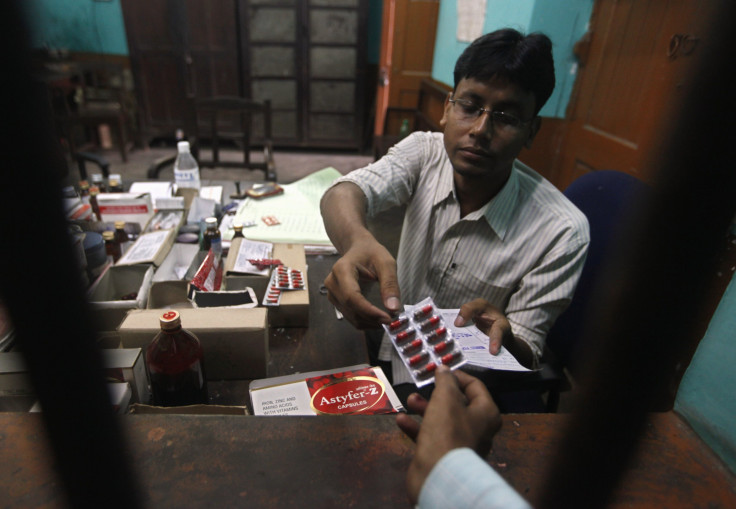Clinical Trials In India Take A Hit As US Clinical Research Sponsor, NIH, Calls off 40 Drug Trials In The Country

The U.S. National Institutes of Health, or NIH, scrapped about 40 ongoing clinical trials of drugs in India, dealing a blow to the country's clinical research business, which has been hurt in recent months by tougher regulatory norms following directives from India’s Supreme Court.
The decision by NIH, which conducts clinical research around the world, reflects a recent trend of sponsors moving trials to friendlier destinations such as Malaysia and Canada, Mint newspaper reported on Thursday.
Not only the NIH, but other foreign sponsors and even India’s domestic medical centers such as Mumbai-based Tata Memorial Hospital have been negatively impacted by the new regulations.
“The Drugs Controller General of India made it mandatory to register ethics committees. While this is a welcome step, they took nearly three months to register our committee. During this time, we could not start any trials. Slow turnaround time and lack of clarity in regulation have seen sponsored research slow down drastically. Even academic research has suffered in the past three months,” C.S. Pramesh, chief of cardiothoracic surgery at Tata Memorial, told Mint.
Under India’s amended drugs and cosmetics rules, ethics committees, some of which had been working independently in granting clearance for sponsors to conduct clinical trials, are now required to register and seek the approval of a central licensing authority, and all trials should be registered at the Clinical Trials Registry of India.
Data from India’s health ministry shows that only six trials were granted approval as of January 31, and six more were approved by April -- a stark contrast to hundreds of global clinical trials conducted in India in the past five years, according to a Press Trust of India, or PTI, report.
The number of clinical trials in India peaked in 2010, when as many as 500 trials were granted approval, followed by 325 in 2011, and 262 in 2012, PTI reported.
The Supreme Court subsequently intervened to better regulate clinical research in India, after 2,262 people died in these trials over the past five years, resulting in public uproar over using Indians as “guinea pigs” in pharmaceutical trials.
The Indian government introduced new rules to conduct clinical trials in India, which require sponsors of the trials to address issues such as the death of participants. The government now also requires sponsors to draft a formula to award adequate compensation in case of injury to, or death of, a trial's subjects, which was pegged at 220,000 rupees ($3,671) per death, until the new rules were enforced.
The rules have discouraged pharmaceutical companies from applying for new trials, severely affecting India’s clinical research market, which is estimated to be utilizing only one-fifth of its current $500 million capacity.
© Copyright IBTimes 2024. All rights reserved.






















